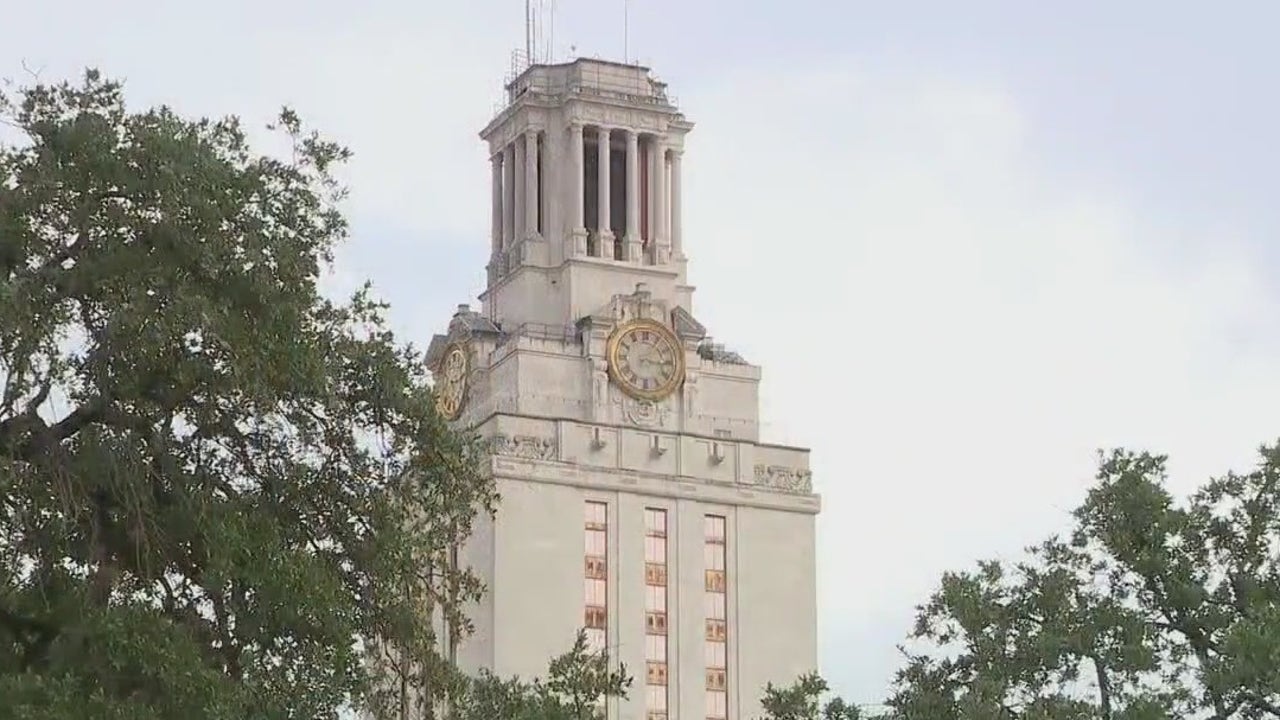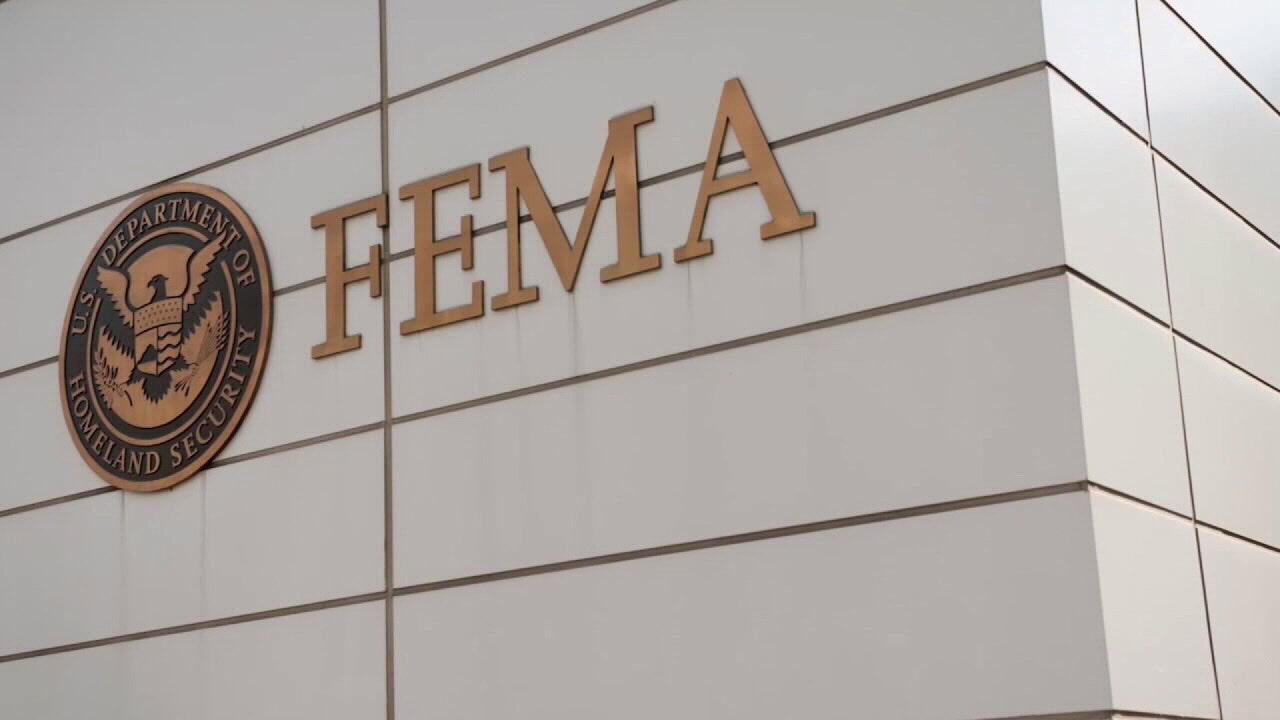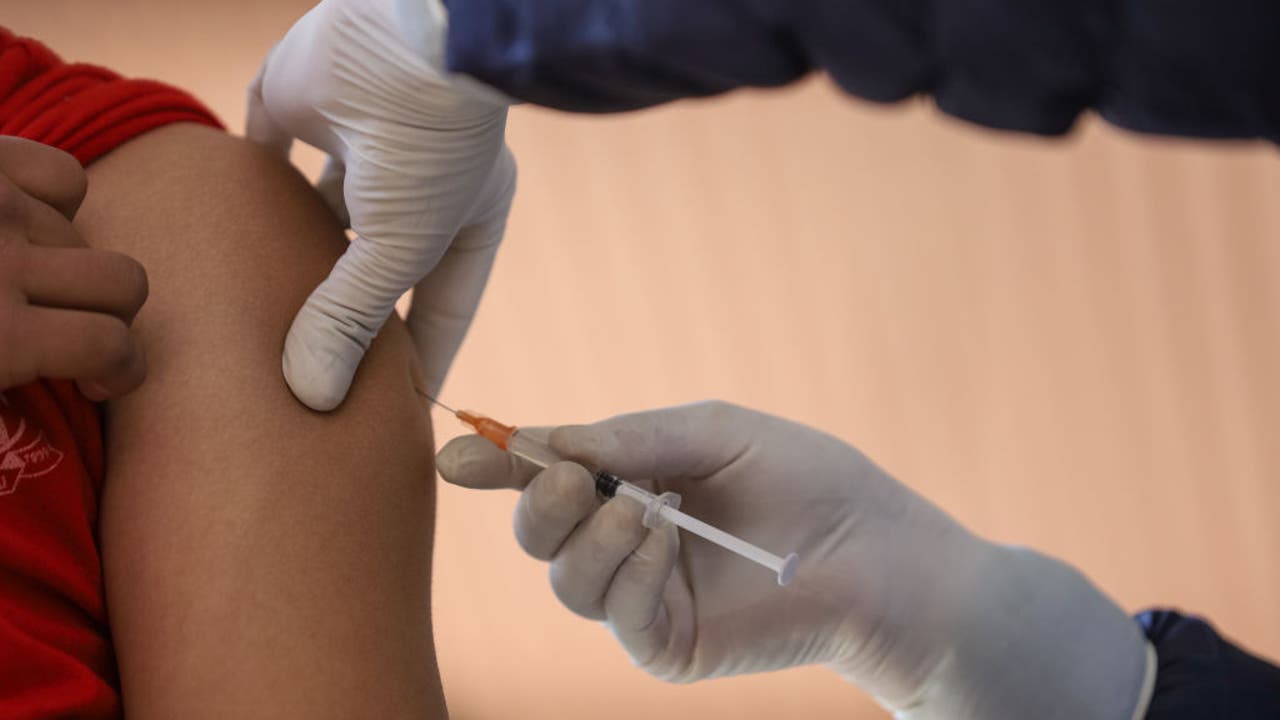World
Chip companies, top US officials meet on China policy, source says
/cloudfront-us-east-2.images.arcpublishing.com/reuters/5R35K5J7YFJ3DDUQRVT67HNQO4.jpg)
WASHINGTON, July 17 (Reuters) – Senior U.S. chip company executives are holding meetings with Biden administration officials on Monday to discuss China policy as the U.S. considers new restrictions, a source told Reuters.
Commerce Secretary Gina Raimondo, National Economic Council director Lael Brainard and National Security Council director Jake Sullivan on Monday are among government officials who are holding the meetings with Intel (INTC.O), Qualcomm (QCOM.O) and Nvidia (NVDA.O), the source said.
Earlier on Monday, the U.S.-based Semiconductor Industry Association (SIA) trade group called on the Biden administration to “refrain from further restrictions” on chip sales to China and urged the administration to allow “the industry to have continued access to the China market, the world’s largest commercial market for commodity semiconductors.”
The Biden administration is considering updating a sweeping set of rules imposed in October to hobble China’s chip industry and a new executive order restricting some outbound investment.
A White House National Security Council spokesperson said in response to SIA that “our actions have been carefully tailored to focus on technology with national security implications, and designed to ensure that U.S. and allied technologies are not used to undermine our national security.”
Not every official is expected to meet with every company, the source who spoke on condition of anonymity added.
On Friday, Reuters reported that the CEOs of Intel and Qualcomm were planning to visit Washington this week, according to two sources familiar with the matter.
The Commerce Department and White House declined to comment on any potential meetings.
China recently moved to restrict exports of raw materials such as gallium and germanium that are used in making chips.
Further rule-tightening by U.S. officials risks “disrupting supply chains, causing significant market uncertainty, and prompting continued escalatory retaliation by China,” the industry group said.
The group said it wants the administration “to refrain from further restrictions until it engages more extensively with industry and experts to assess the impact of current and potential restrictions to determine whether they are narrow and clearly defined, consistently applied, and fully coordinated with allies.”
Raimondo is overseeing a $39 billion semiconductor manufacturing subsidy program approved by Congress last year. The law also created a 25% investment tax credit for building chip plants, estimated to be worth $24 billion.
Reporting by David Shepardson and Andrea Shalal in Washington and Stephen Nellis in San Francisco
Editing by Susan Heavey and Matthew Lewis
Our Standards: The Thomson Reuters Trust Principles.

World
Trump administration to end funding for child vaccines in developing countries, New York Times reports

World
Rubio breaks silence on leaked Signal chat: 'Someone made a big mistake'
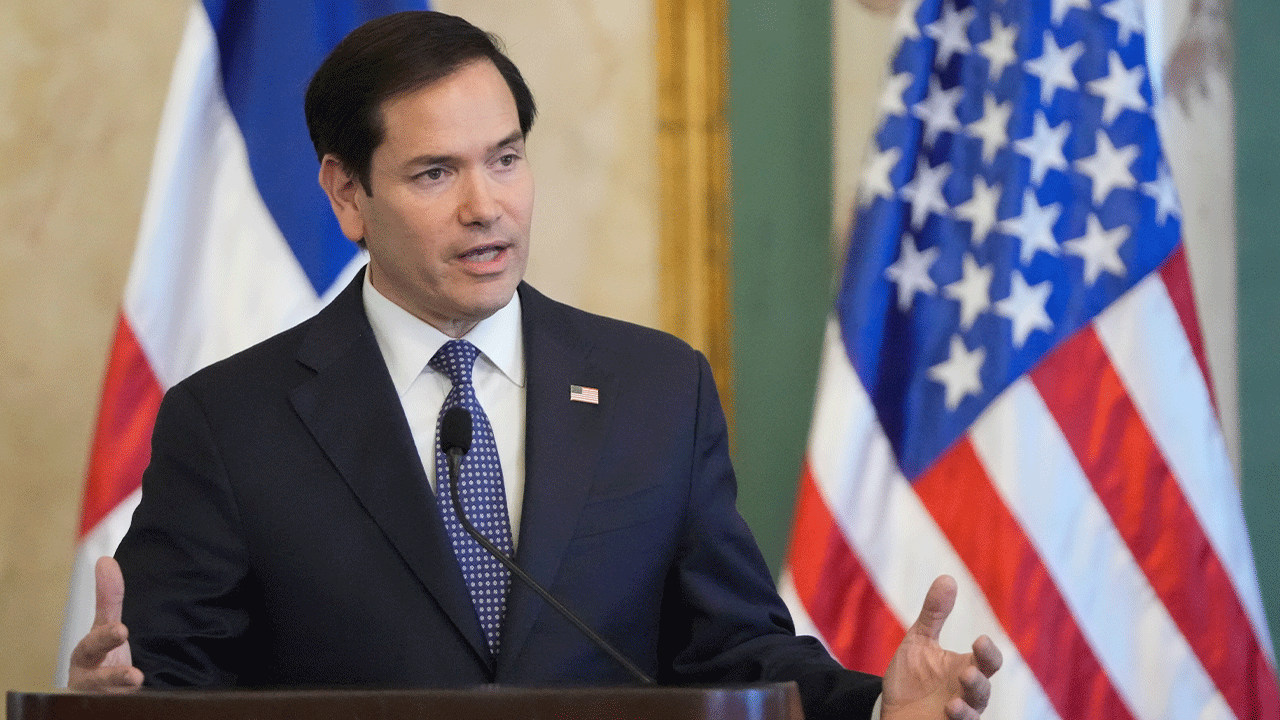
Secretary of State Marco Rubio, for the first time, on Wednesday addressed the Signal-chat controversy and conceded that “someone made a big mistake” when a journalist from the Atlantic was added to Signal text chain that included Washington’s top national security heads.
“This thing was set up for purposes of coordinating,” Rubio told reporters from Jamaica, noting the point of the text exchange carried out on the encrypted messaging application was purely so officials knew how to communicate with their various counterparts.
But the revelation that potentially classified information was exchanged on a site that has been the target of Russian hackers, and that the chain included an editor from the Atlantic, sent shockwaves globally – though the Pentagon maintains that no classified intelligence was exchanged in the messages.
Secretary of State Marco Rubio speaks a joint press conference with Prime Minister Andrew Holness in Kingston, Jamaica, March 26, 2025. (Nathan Howard/Pool/AFP via Getty Images)
ATLANTIC REPORTER PUBLISHES MORE TEXTS ABOUT ATTACK ON HOUTHI TARGETS
“Obviously, someone made a mistake. Someone made a big mistake and added a journalist,” Rubio said. “Nothing against journalists. But you ain’t supposed to be on that thing.”
“I contributed to it twice. I identified my point of contact, which is my chief of staff, and then later on, I think three hours after the White House’s official announcements had been made, I congratulated the members of the team,” he continued.
Rubio said that though the information was not technically classified nor did it at “any point threaten the operation of the lives of our servicemen,” the information was “not intended to be divulged” and the White House was investigating the matter.
President Donald Trump has downplayed the severity of the lapse, noting it was “the only glitch in two months” his administration has faced and told NBC News the debacle “turned out not to be a serious one.”
National security advisor Mike Waltz, who reportedly set up the text chain and accidentally added the Atlantic editor, told Fox News’ Laura Ingraham that he took “full responsibility” for the “embarrassing” mishap.
Similarly, Director of National Intelligence Tulsi Gabbard on Wednesday told the House Intelligence Committee it was a “mistake” to include a reporter in a text group that included “candid and sensitive” information.
She also maintained that the texts did not include any classified information while testifying in front of senators on Tuesday.
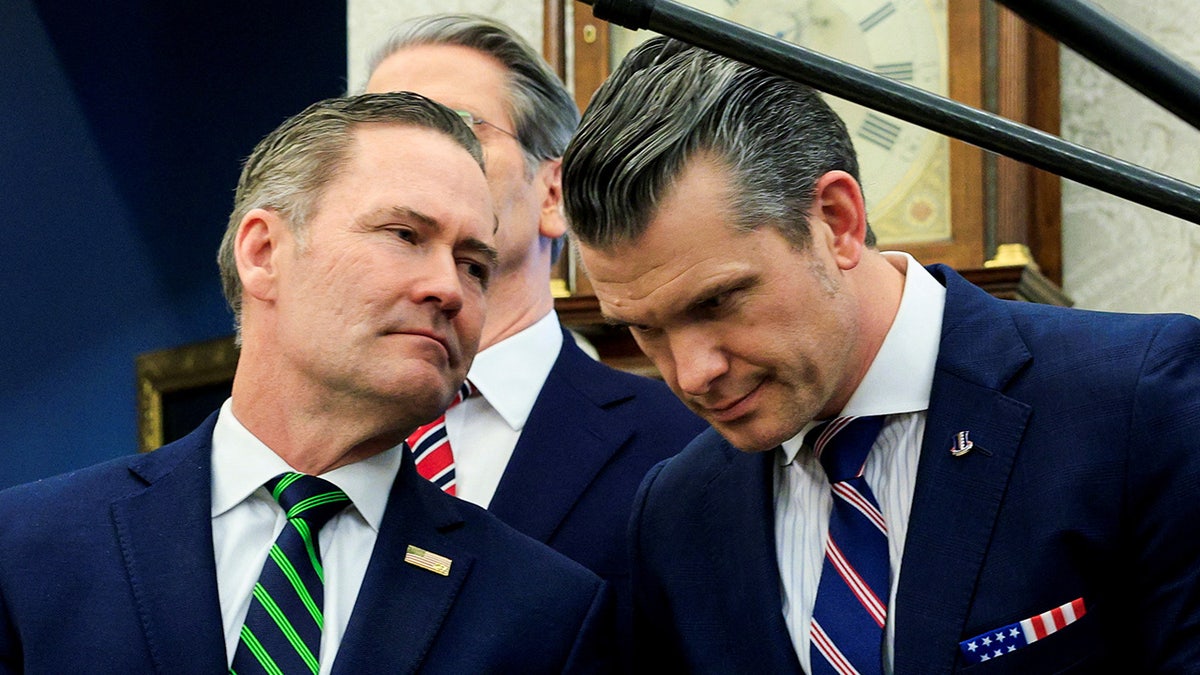
National security advisor Mike Waltz and Secretary of Defense Pete Hegseth at the White House on Feb. 24. (Reuters/Brian Snyder)
TRUMP ADMIN DECLARES THE ATLANTIC’S SIGNAL ARTICLE A ‘HOAX’ AFTER IT DROPS ‘WAR PLANS’ RHETORIC
Debate between the Atlantic’s reporting and the White House erupted after the Trump administration and Pentagon said that no “war planning” information was shared.
Waltz in a Wednesday tweet said, “No locations. No sources & methods. NO WAR PLANS. Foreign partners had already been notified that strikes were imminent.”
The Atlantic maintains the texts did include “attack plans.”
“TEAM UPDATE: TIME NOW (1144et): Weather is FAVORABLE. Just CONFIRMED w/CENTCOM we are a GO for mission launch. 1215et: F-18s LAUNCH (1st strike package). 1345: ‘Trigger Based’ F-18 1st Strike Window Starts (Target Terrorist is @ his Known Location so SHOULD BE ON TIME – also, Strike Drones Launch (MQ-9s),” Secretary of Defense Pete Hegseth reportedly wrote in the text exchange released Wednesday by The Atlantic.
“1410: More F-18s LAUNCH (2nd strike package). 1415: Strike Drones on Target (THIS IS WHEN THE FIRST BOMBS WILL DEFINITELY DROP, pending earlier ‘Trigger Based’ targets). 1536 F-18 2nd Strike Starts – also, first sea-based Tomahawks launched,” he later added.
But Rubio, in alignment with other administration officials, pointed to the Pentagon’s assessment on whether its leader released classified information and said, “They made very clear that [the texts] didn’t put in danger anyone’s life or the mission at the time.
“There was no intelligence information,” Rubio added.
World
US Army says vehicle of four missing soldiers found in Lithuania

Lithuania’s military said four US soldiers and a tracked vehicle had gone missing on Tuesday afternoon.
The United States Army has said a vehicle used by four of its soldiers that went missing in Lithuania has been found submerged in water as search efforts for the missing troops continue.
In a statement on Wednesday, the army said” “The M88 Hercules armoured recovery vehicle the four missing US Soldiers were operating during a training exercise has been located in Lithuania”.
The army’s comments come after NATO Secretary-General Mark Rutte told a press conference in Warsaw, Poland, that the four soldiers had died in an “incident”.
“This is still early news, so we do not know the details. This is really terrible news and our thoughts are with the families and loved ones,” Rutte said.
Lithuania’s military had said earlier that a search was underway for the four US soldiers and a tracked vehicle which had gone missing on Tuesday afternoon.
The military wrote on X later that it was continuing an “intensive” rescue operation without confirming the deaths of the US personnel.
According to a statement by the US Army, the soldiers had been training near Pabrade in eastern Lithuania near the border with Belarus.
“The soldiers, all from 1st Brigade, 3rd Infantry Division, were conducting scheduled tactical training at the time of the incident,” the statement read.
-

 News1 week ago
News1 week agoTrump Administration Ends Tracking of Kidnapped Ukrainian Children in Russia
-

 News1 week ago
News1 week agoVance to Lead G.O.P. Fund-Raising, an Apparent First for a Vice President
-

 Business1 week ago
Business1 week agoEgg Prices Have Dropped, Though You May Not Have Noticed
-

 Technology1 week ago
Technology1 week agoDude Perfect and Mark Rober may be the next YouTubers to get big streaming deals
-
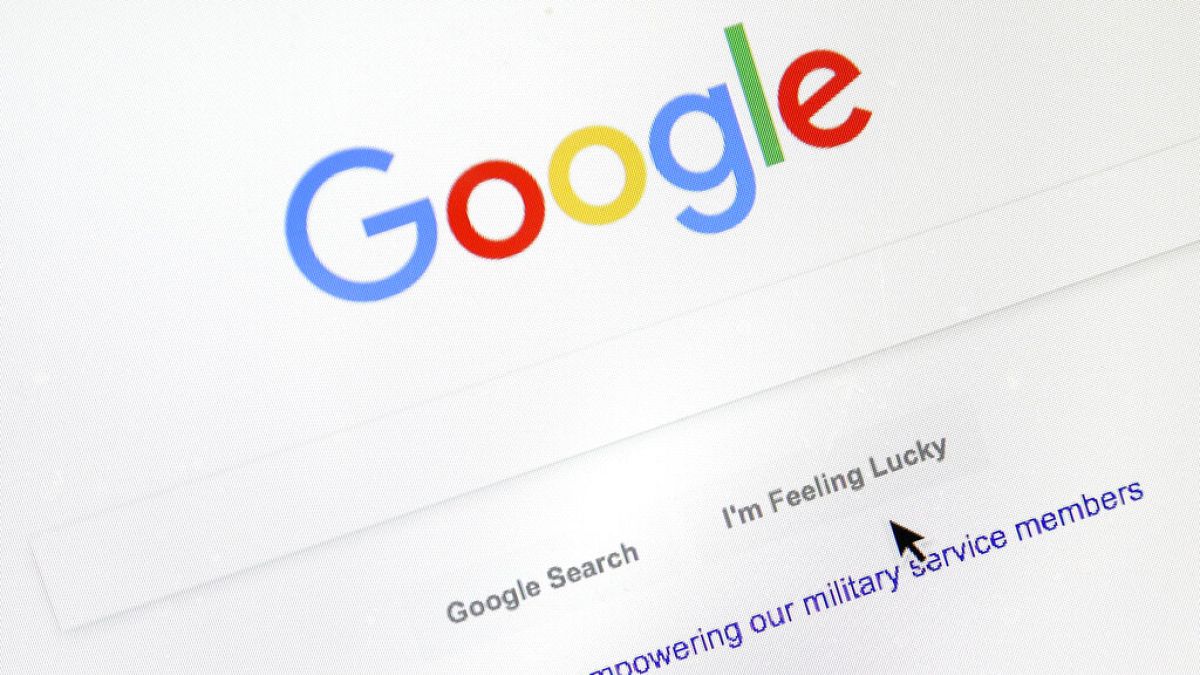
 World1 week ago
World1 week agoCommission warns Alphabet and Apple they're breaking EU digital rules
-

 News1 week ago
News1 week agoTrump’s Ending of Hunter Biden’s Security Detail Raises Questions About Who Gets Protection
-

 Technology1 week ago
Technology1 week agoCFPB workers are reinstated after a court order, but many still can’t work
-

 News1 week ago
News1 week agoU.S. to Withdraw From Group Investigating Responsibility for Ukraine Invasion


